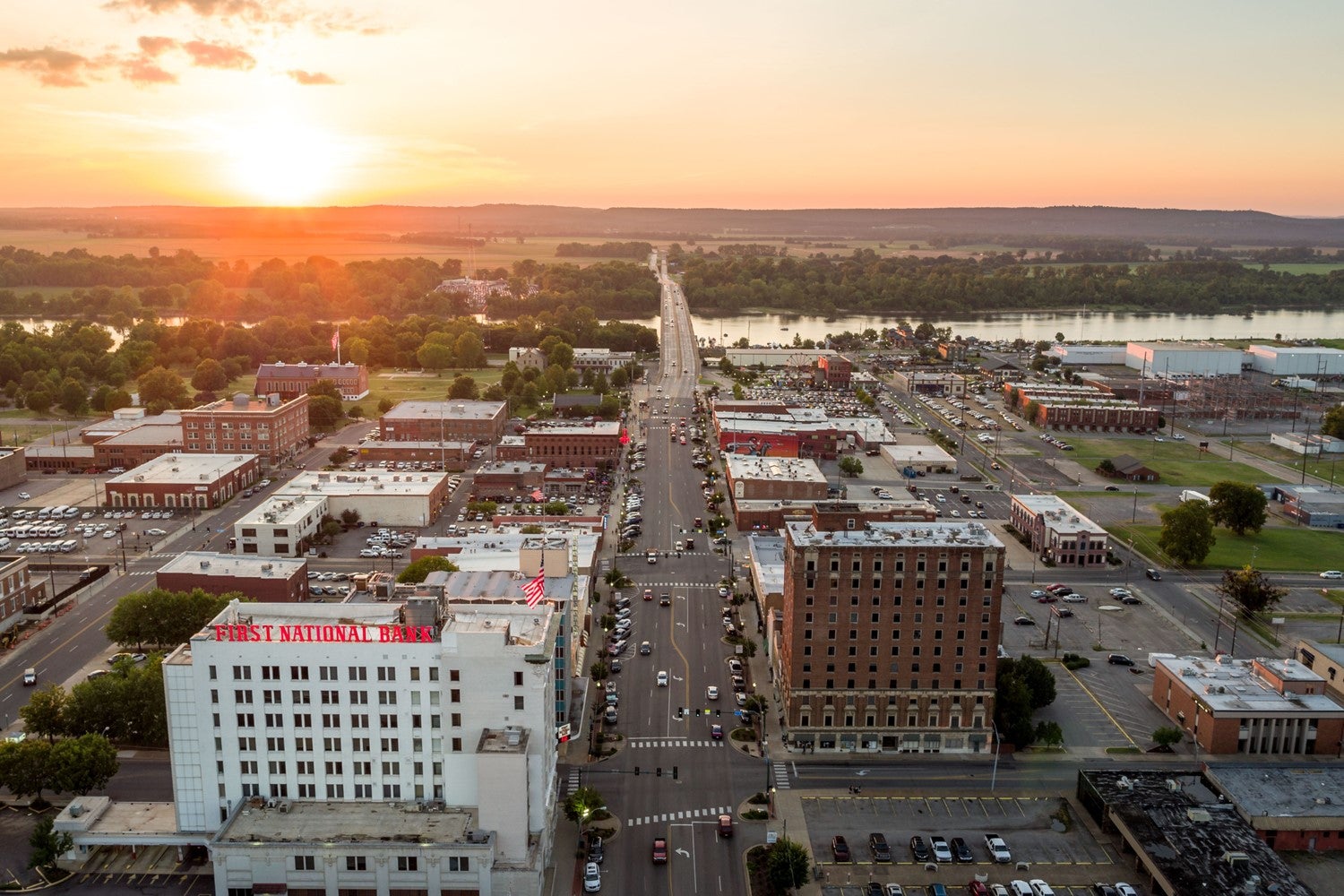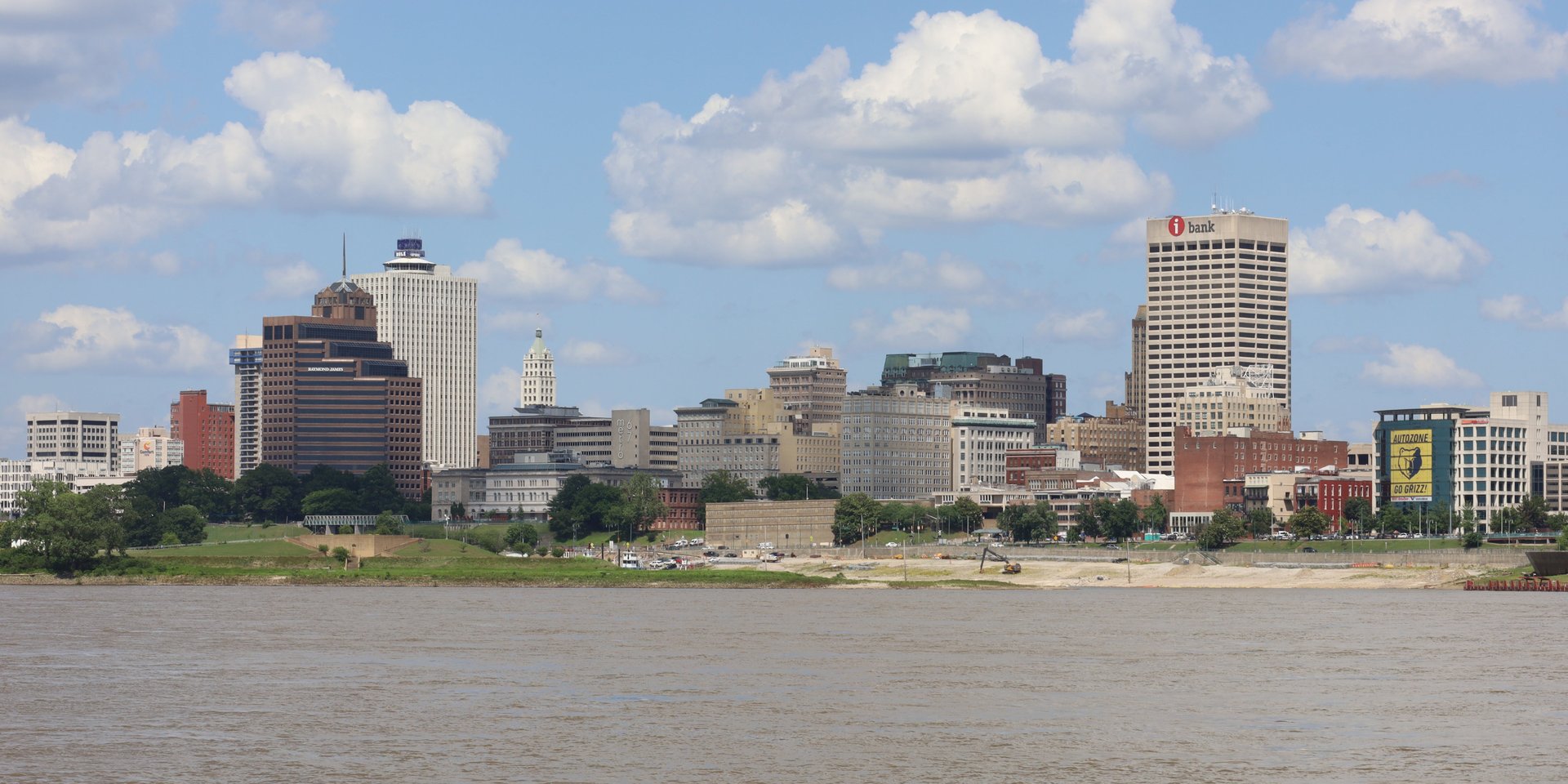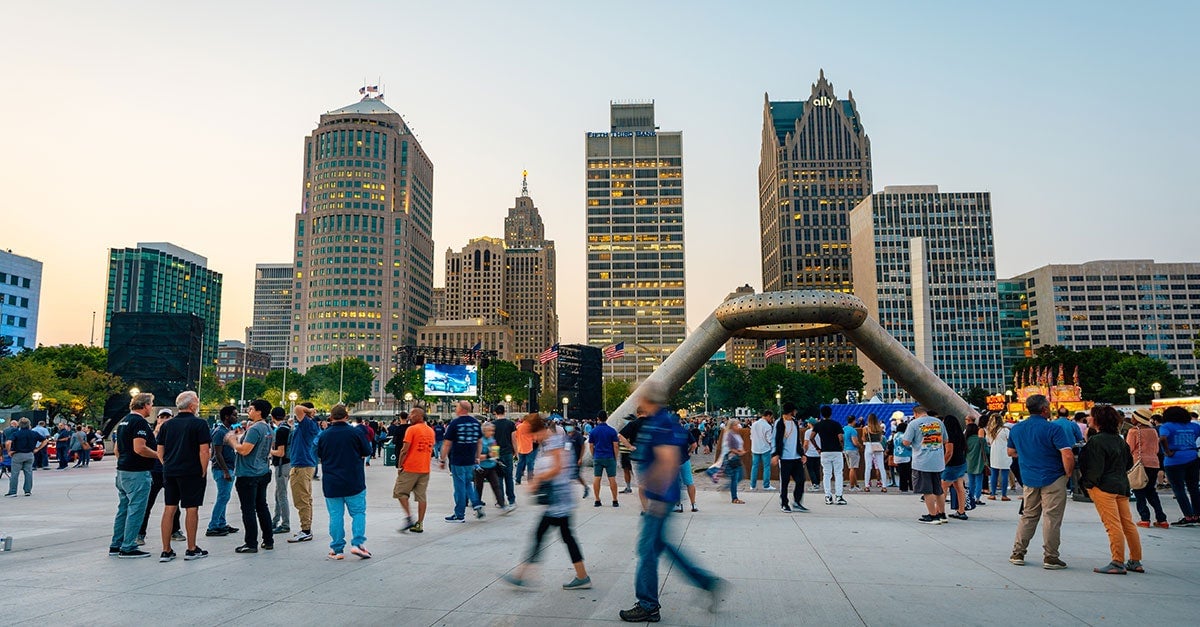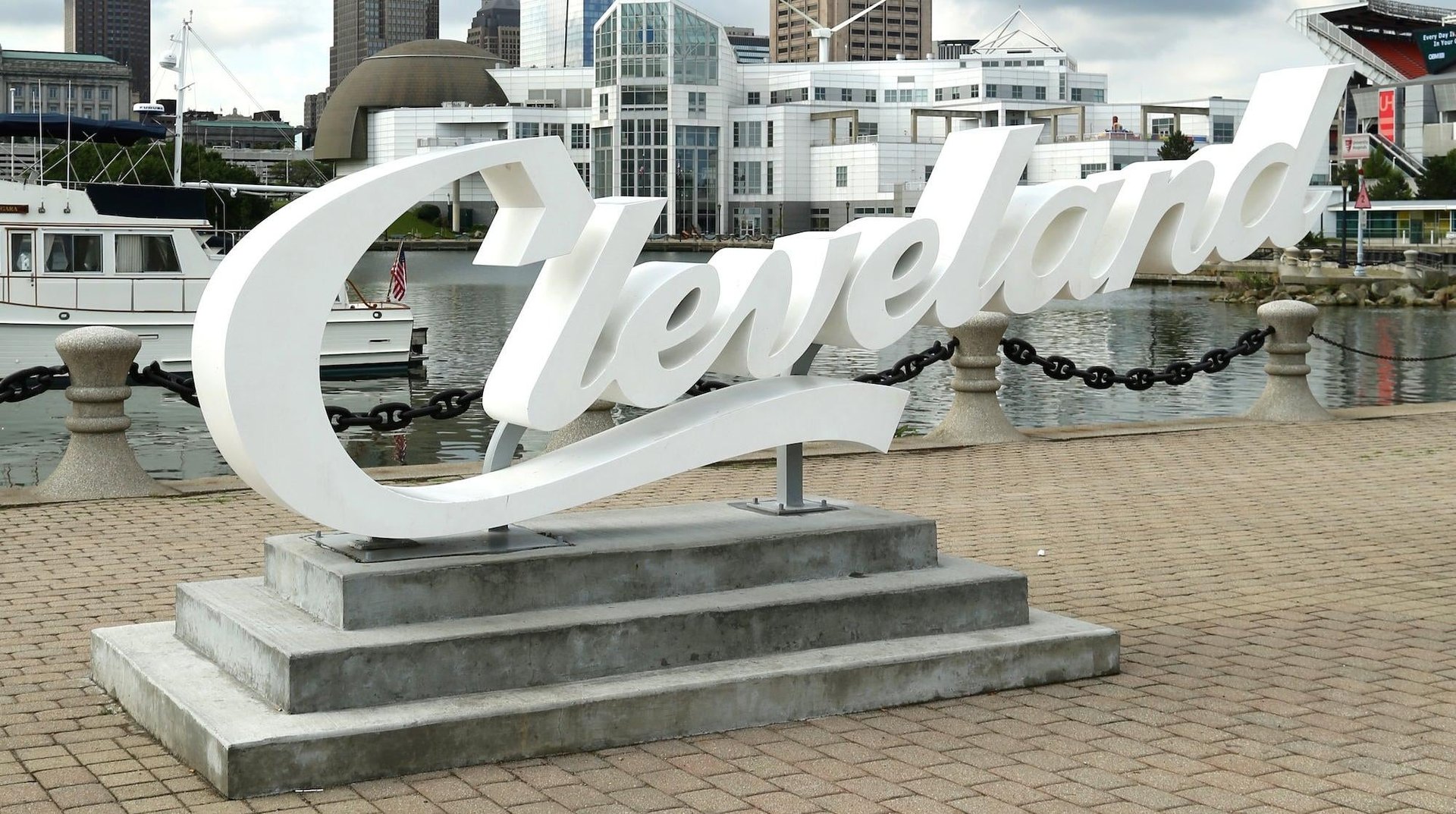The 5 most miserable cities in America
While much of what drives unhappiness is structural, there are concrete steps that everyone can take to boost their own satisfaction with life

It’s a dismal time to be an American — and there’s data to prove it. The United States continued its decline in the annual World Happiness report rankings, landing at 24th place, the country’s worst performance to date.
Young Americans were especially likely to give their overall happiness a negative rating, while older Americans have a sunnier outlook on life. Experts attribute this to a number of factors, including political and economic stress among young people, contrasted against security and stronger social networks among older generations.
“Americans under the age of 30 are feeling worse about their lives,” Julie Ray, Gallup’s managing editor for world news, told Quartz. “They feel less supported by their families and less free to make choices about their lives.”
This year’s results are a continuation on a years-long downward trend. In 2024, the U.S. tumbled eight places in the World Happiness Report rankings — falling out of the top 20 for the first time ever.
Young people “felt less optimistic about their living standards. We saw a loss of hope,” said Ray. “And that hasn’t returned.”
While much of what drives unhappiness is structural, there are concrete steps that everyone can take to boost their own satisfaction with life. Earning more money, for example, is commonly cited as a way to improve overall happiness but on its own that might not be enough.
“When deciding where to live to maximize your happiness, you’ll want to pick a city that offers more than just a decent average income,” said Chip Lupo, an analyst at the consumer finance site WalletHub, in a statement. “The ideal city provides conditions that foster good mental and physical health, like reasonable work hours, short commutes, good weather, and caring neighbors.”
WalletHub recently ranked 180 of the largest cities in the U.S. by overall happiness, based on their performance across three categories: emotional and physical wellbeing, income and employment, and community and environment.
The analysts determined the scores in each category by looking at 29 metrics including depression rates, job satisfaction, and weather. WalletHub pulled data from several sources including the Bureau of Labor Statistics, the Centers for Disease Control and Prevention, and the Sharecare Community Well-Being Index.
Continue reading to learn more about the five least happy cities in America. Click here to read about the happiest cities in America.
2 / 6
5. Gulfport, Mississippi

Gulfport, Mississippi is the fifth most unhappy city in America. It performed especially poorly in the income growth metric.
3 / 6
4. Fort Smith, Arkansas

Fort Smith, Arkansas is the fourth most unhappy city in America. It has the second lowest levels of sports participation in the country.
4 / 6
3. Memphis, Tennessee

Memphis, Tennessee is the third most unhappy city in America. It performed especially poorly in the income and unemployment category.
5 / 6
2. Detroit, Michigan

Detroit, Michigan is the second most unhappy city in America. It has the lowest level of adequate sleep and the highest divorce and separation rate in the country.
6 / 6
1. Cleveland, Ohio

